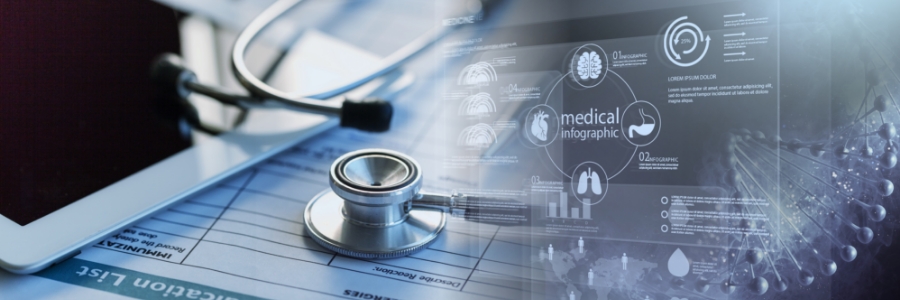Whether it's caused by a cyberattack, hardware failure, or natural disaster, data loss can be detrimental to a business's reputation, finances, and overall operations. Here are some strategies you can implement to prevent data loss.
Back up your data regularly
Having robust backup and recovery systems is crucial for data disaster protection.






